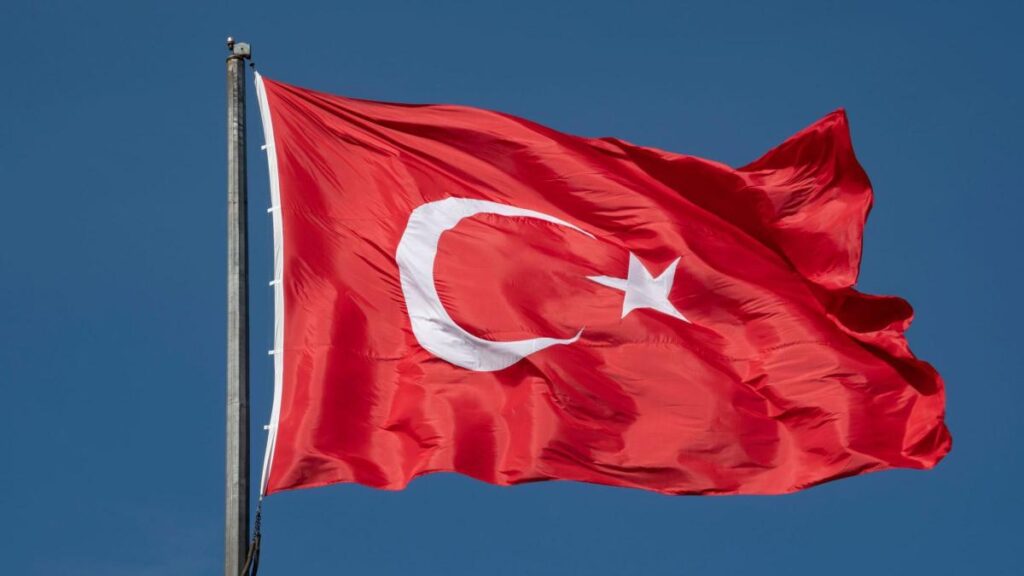The United Nations Refugee Agency (UNHCR) has expressed serious concern regarding the recent repatriation of four refugees from Kenya to Turkey, indicating a potential violation of international refugee protections. The repatriation was reportedly requested by the Turkish government, as confirmed by Kenya’s foreign ministry. This situation comes in the context of heightened tensions in Nairobi, where reports of abductions have emerged, including that of a British national. The UNHCR has emphasized the need for Kenya to adhere to its international legal obligations, particularly the principle of non-refoulement, which prevents the return of refugees to places where they may face threats to their life or freedom.
The Kenyan government justified the repatriation of the four men by citing robust historical and strategic relations with Turkey, stating that they had received assurances regarding the dignified treatment of the repatriated individuals. The four refugees are reportedly linked to the Gulen movement, an influential Islamic community that has faced extreme scrutiny from Turkish authorities, especially following a coup attempt in 2016. The Gulen movement, which has a presence in Kenya among other countries, operates numerous schools worldwide and has been reclassified as a terrorist organization by Turkey after the coup attempt.
In accordance with the UN’s 1951 Refugee Convention, member states are committed to ensuring that refugees are safe from being sent back to countries where they could face serious dangers. Legal action has been taken by a Kenyan law firm, Mukele & Kakai, representing the interests of the repatriated individuals and highlighting their status as victims of political persecution. The firm warned against their transfer through air travel, asserting their refugee status and the potential risks associated with their return to Turkey.
Adding to the perilous atmosphere, the reported abductions of seven Turkish citizens in Nairobi have raised alarm among various stakeholders, including human rights organizations and the UNHCR. A British citizen, Necdet Seyitoğlu, who was among the abducted, stated that he was released after displaying his British passport, while others apparently faced a grim fate. The UK Foreign Office has indicated that they are providing consular assistance to Seyitoğlu and his family amidst these troubling developments. Meanwhile, Kenyan authorities have launched an investigation into the reported kidnappings, with details emerging about the coordinated nature of the abductions.
Amnesty International has voiced its deep concern regarding the abduction of asylum seekers in Kenya, reinforcing the urgency of the situation. The Kenyan police have acknowledged the seriousness of the incidents, highlighting that their investigations will delve deeper into the circumstances surrounding these kidnappings. Reports suggest that multiple vehicles were involved in the abductions, indicating premeditated actions against the targets, further complicating the security landscape for refugees in the country.
The diplomatic relationship between Turkey and various African nations, including Kenya, reflects a strategic partnership that has evolved significantly over the past few decades under President Recep Tayyip Erdogan’s leadership. However, Kenya’s historical ties with Turkey date back even further, exemplified by cases such as the 1999 apprehension of Kurdish leader Abdullah Öcalan in Kenya, underscoring a long-standing collaborative dynamic. This current predicament surrounding the repatriation of refugees is thus not only a matter of immediate human rights concerns but also indicative of the complex geopolitical currents influencing refugee policies and practices in the region.

